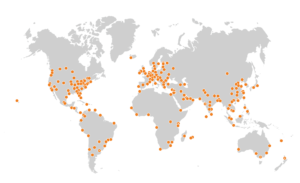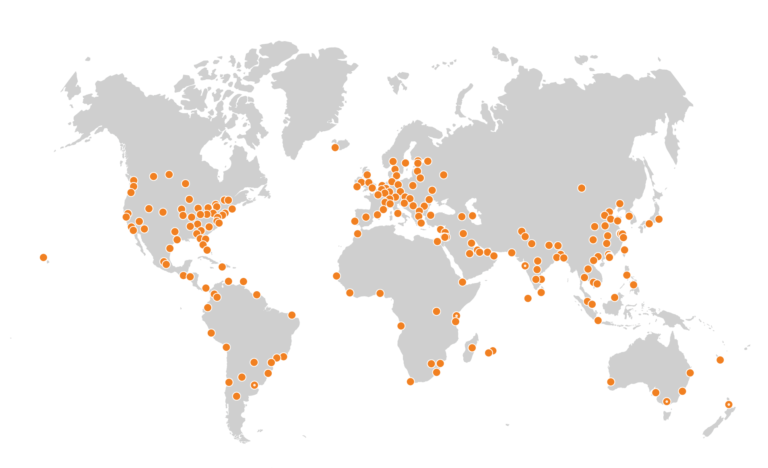There’s an ongoing tech cold war, and now, it only escalated after OpenAI announced its plans to restrict access to its application programming interface (API) for users in China and other regions.
This decision is a response to geopolitical tensions and demonstrates the broader trend of digital decoupling between Western and Chinese tech ecosystems.
As OpenAI withdraws from China, Chinese AI companies are swiftly stepping up to fill the gap, which can have serious implications for the global industry.
Action and Reaction
OpenAI, known for its Gen AI models such as Chat GPT, has decided to block access to its API from regions including mainland China and Hong Kong.
This decision, set to take effect on July 9, is rooted in the increasing geopolitical rivalry and the need to protect intellectual property amidst growing governmental demands. Chinese developers and companies that have relied on OpenAI’s technology will face significant disruptions, forcing them to seek alternative solutions.
In response to OpenAI’s move, leading Chinese AI companies are launching initiatives to attract affected users. Baidu, a prominent AI developer in China, has introduced an “inclusive program” offering free migration to its Ernie platform. This includes additional tokens for its Ernie 3.5 model, matching the scale of users’ previous OpenAI usage. Similarly, Alibaba Cloud and Zhipu AI have announced migration services and incentives to draw OpenAI users to their platforms. Alibaba’s Qwen-plus model, for instance, is seen as a cost-effective alternative to GPT-4.
Opportunities and Challenges
Where there is a challenge, there are also opportunities, and Chinese AI firms won’t take long to seize those opportunities. creates significant opportunities for Chinese AI firms.
The absence of OpenAI’s advanced models may slow the adoption of cutting-edge AI technologies for some Chinese companies, especially startups lacking the resources to develop similar models independently.
However, this situation could act as a catalyst for innovation, driving Chinese companies to advance their own AI technologies through a more self-sufficient AI ecosystem.
Domestic tech giants like Alibaba, Baidu, and Tencent are well-positioned to leverage their financial resources, talent, and infrastructure to accelerate AI research and development.
This shift could lead to increased competition within China’s AI sector and a surge in homegrown AI solutions, potentially rivaling OpenAI’s offerings.
Broader Global Implications
OpenAI’s decision has ramifications beyond China, potentially leading to a more fragmented global AI situation. As the U.S. and China vie for AI dominance, other countries may align with one side based on access to AI technologies. Regions with strong economic ties to China, such as Southeast Asia and Africa, might favor Chinese AI solutions, while European and North American countries could deepen their reliance on American-based AI technologies.
This divide could influence international consortia, data exchanges, and the development of global AI norms. Ethical and security concerns can’t also be disregarded.
OpenAI’s move reflects a broader trend of digital sovereignty, where companies and nations exert control over the distribution and use of their technologies to ensure they meet specific ethical and security standards.
The impending blockade of OpenAI’s API access in China marks a significant moment in the evolving tech cold war between the U.S. and China. While it poses immediate challenges for Chinese AI developers, it also opens up opportunities for domestic innovation and self-sufficiency.
As Chinese AI companies ramp up their efforts to fill the void left by OpenAI, the global AI industry is set to become even more competitive and fragmented. The future of AI will be shaped not only by technological advancements but also by the geopolitical strategies and policies that govern its development and deployment.
— Blackout AI editors











+ There are no comments
Add yours